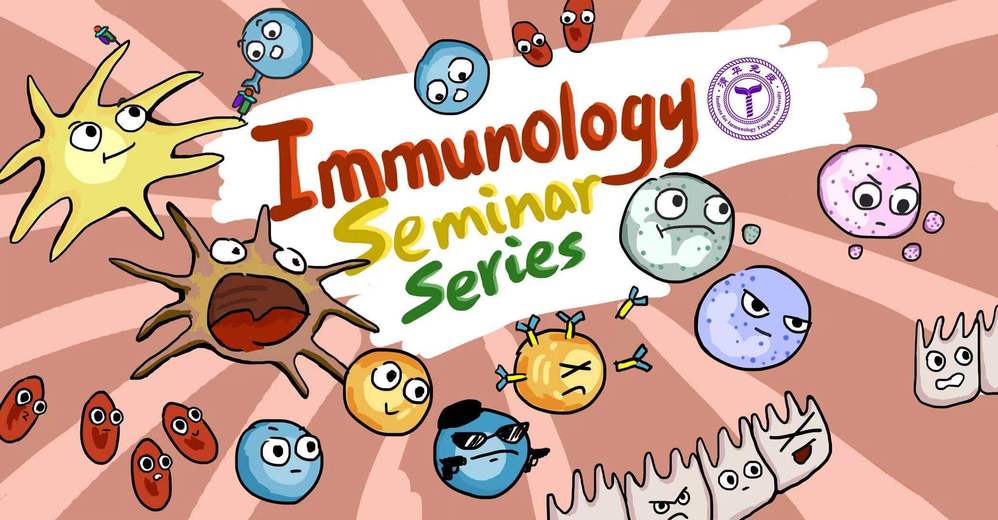
Gut-relayed physiological regulation

Xiaofei Yu (于肖飞), Ph.D.
Fudan University


Abstract
The intestine plays a pivotal role in food digestion and nutrient absorption and is essential to human health and disease. In addition to ingested food, the intestine is also home to trillions of resident microbes called the microbiota, which break down and convert food components to host-accessible nutrients. Therefore, nutrients and microbes comprise the dynamic environment within the intestinal lumen, which exerts profound impacts on host physiology. However, the underlying mechanisms have yet to be fully elucidated.
While certain metabolites from the gut lumen could enter host circulation and influence the function of distal organs, the majority of lumenal metabolites could not be detected in host blood. This raises the possibility that the intestine may produce relay signals to regulate distal organs after sensing nutritional and microbial cues in the lumen. Supporting this notion, we have found that the intestine modulates the production of IL-22 and GLP-1 in response to the luminal environment, which target distal organs such as the brain and pancreas to regulate stress-induced anxiety and metabolism, respectively.Our studies have thus uncovered key relay pathways by which food and the microbiota impact host physiology, suggesting that targeting gut-derived relay signals may provide effective treatment for food- and microbiota-related human diseases.
Biography
Xiaofei graduated from Fudan University with a BS degree in biology in 2005 and joined Iowa State University for his Master’s study in genetics, development, and cell biology. In 2008, Xiaofei joined Dr. Lora V. Hooper’s lab at the University of Texas Southwestern Medical Center at Dallas pursuing his PhD in immunology, where he worked on circadian regulation of gut immunity. He then joined Dr. Jeffrey M. Friedman’s lab at the Rockefeller University as a Helen Hay Whitney Fellow, studying the interaction between the immune system and neural circuits underlying feeding behaviors and metabolism.
Xiaofei started his own research program at Fudan University in 2019. His lab takes an integrative biology approach to understand the mechanisms by which the gut senses and responds to the luminal environment and how such responses regulate the physiology of distal organs and even the whole body. He has been particularly interested in gut-produced relay signals in response to microbial and nutritional cues that exert regulatory roles in body physiology, such as immune cytokines and hormones.

Time: 14:00 - 15:30, December 24 (Tuesday) Venue: Room D326, Medical Science Building Host: Dr. Coco Chu

Copyright © 2017 Institute for Immunology Tsinghua University
Contact Address: Room D302, Medical Science Building, Tsinghua University, Beijing 100084, China
Tel: (86) 10-62776420 Fax: (86) 10-62776420
